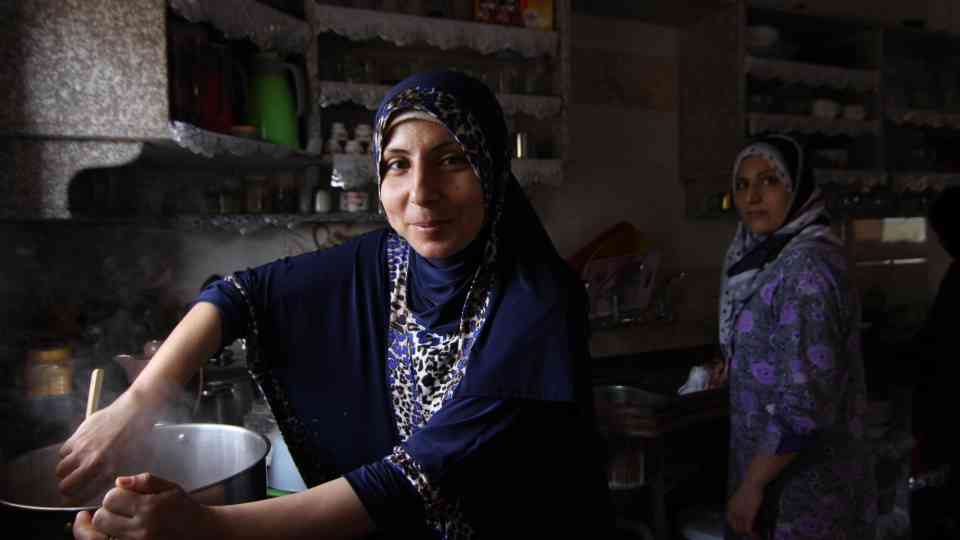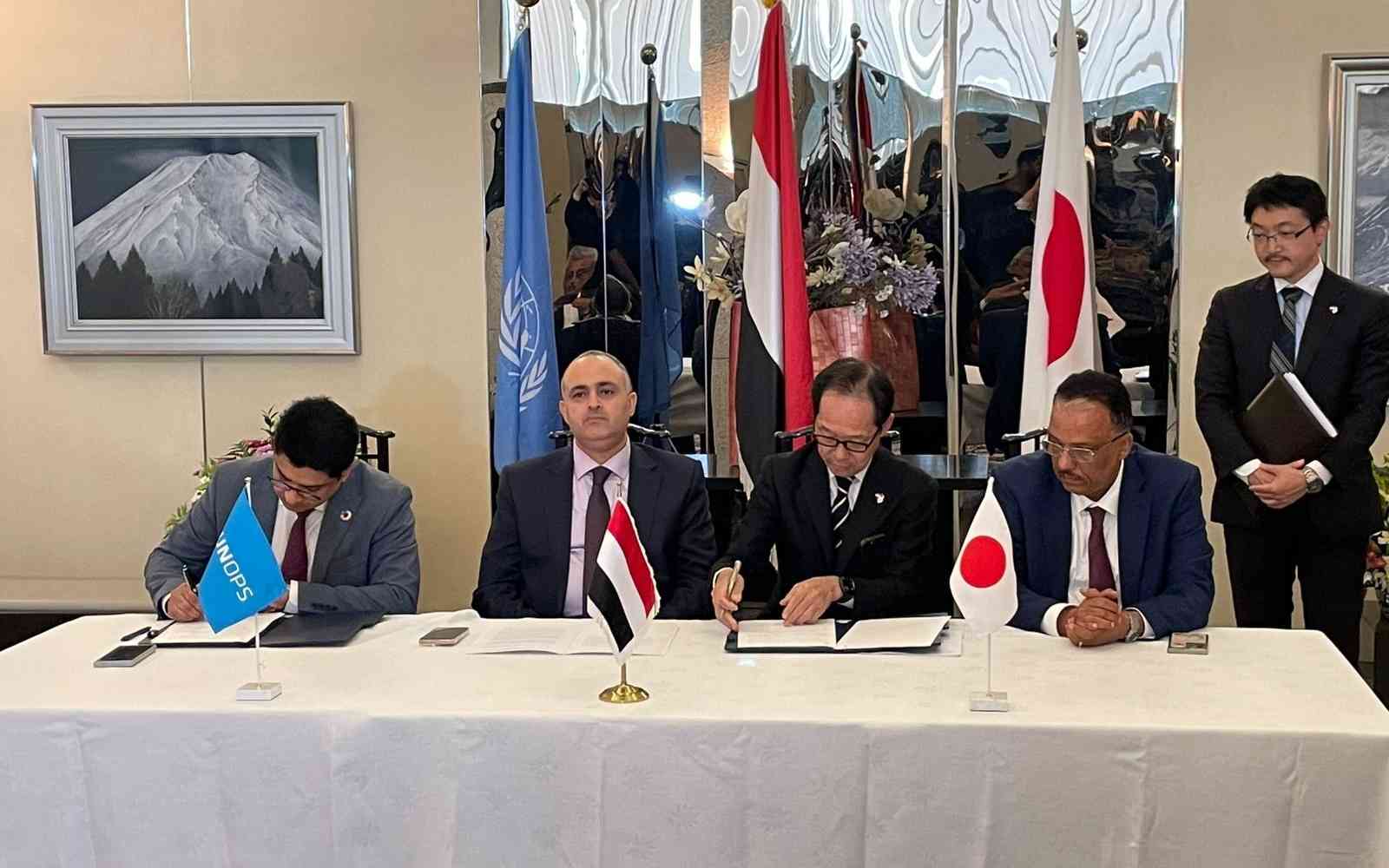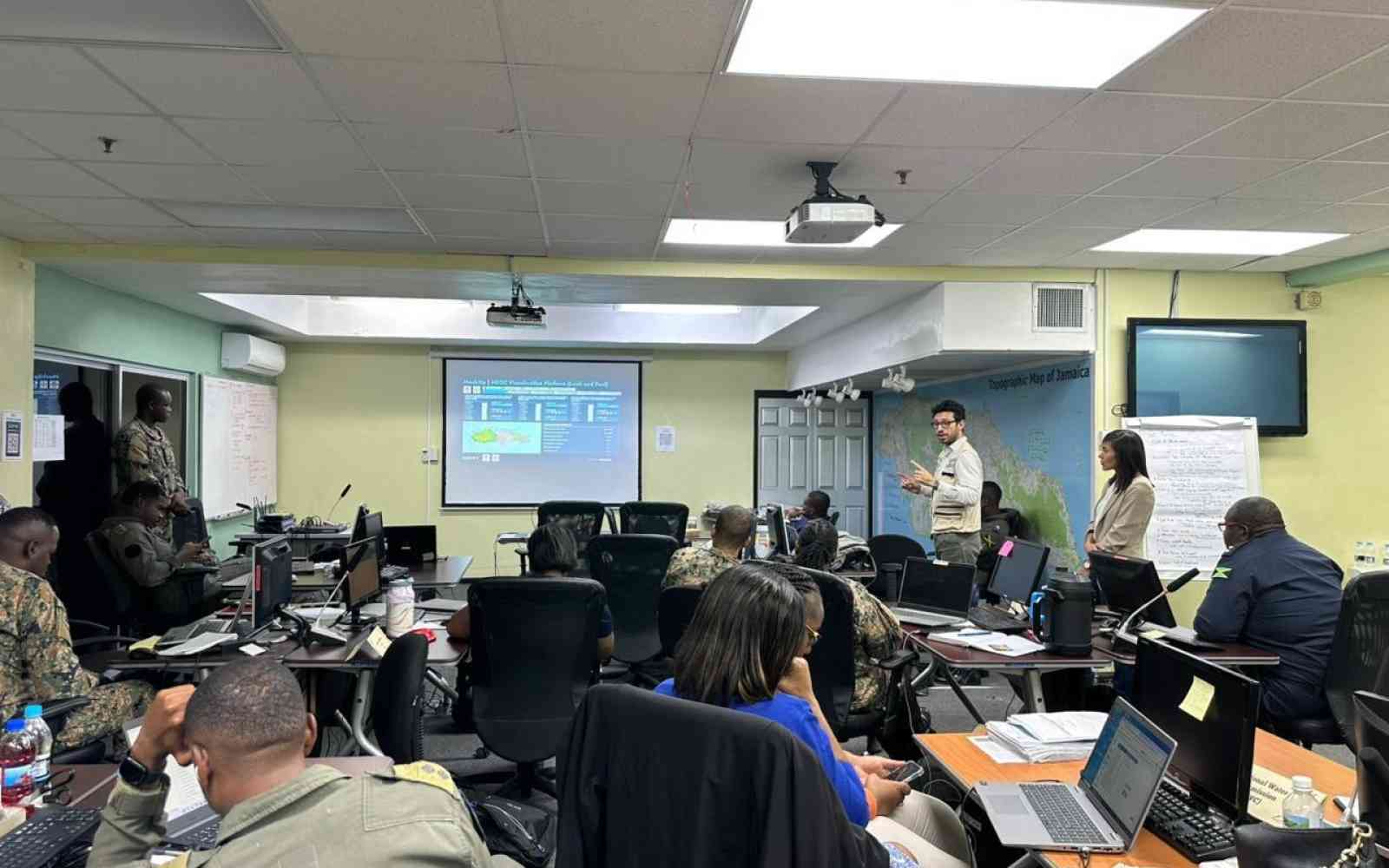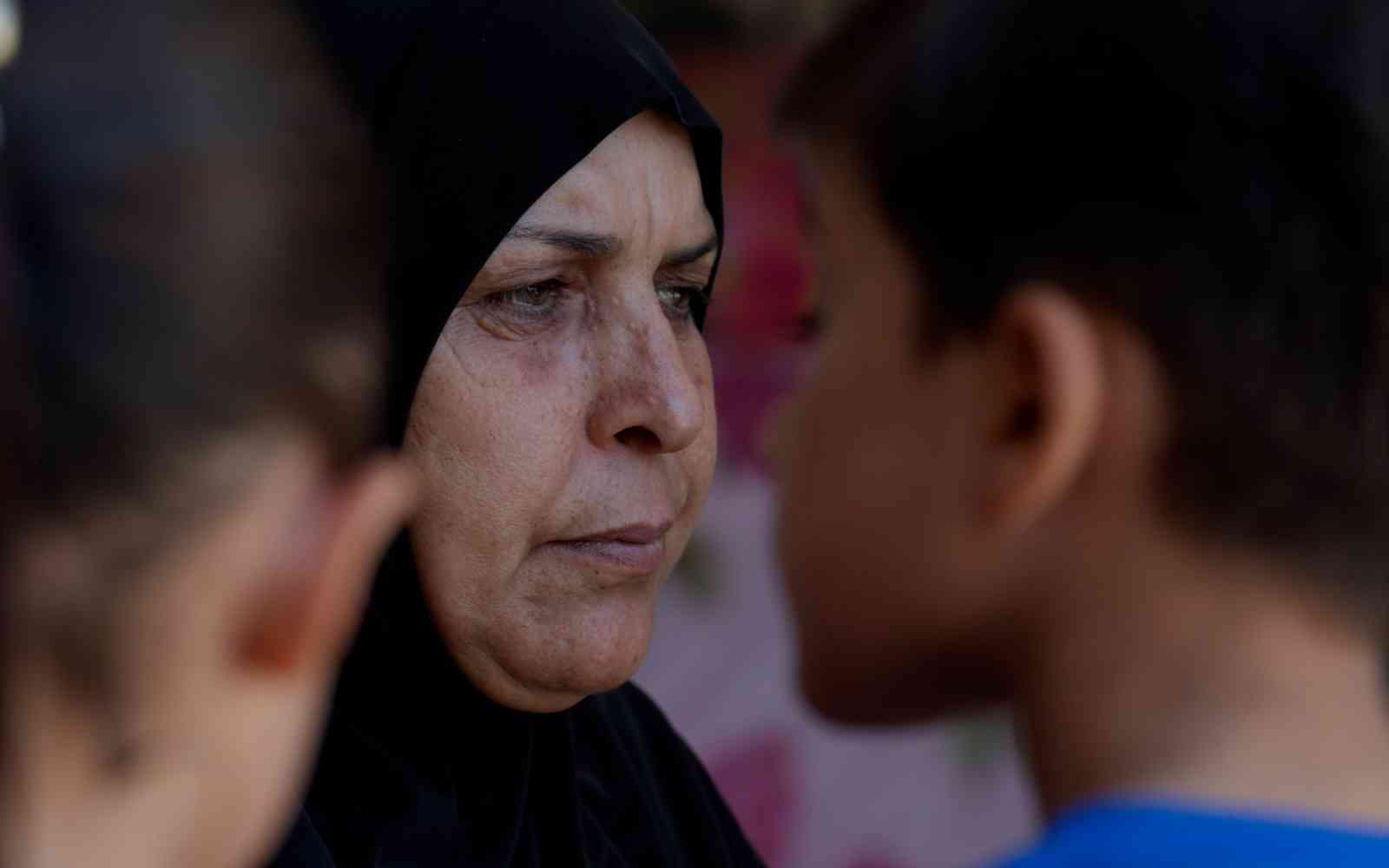The United Nations Office for Project Services (UNOPS)

Supporting the Gaza Reconstruction Mechanism: Working together to rebuild after conflict
At the height of the conflict in the summer of 2014, over 500,000 Palestinians were displaced from their homes. Approximately 108,000 Palestinians remain homeless. UNOPS is working with UN agencies and government partners to respond to residents’ needs.
In the aftermath of the destruction and displacement caused by last summer's conflict, there was an urgent need to find a way to begin to reconstruct Gaza so that residents could start rebuilding their shattered lives. This prompted the United Nations to broker the Gaza Reconstruction Mechanism (GRM) in September 2014. The GRM is a temporary agreement between the State of Palestine and the Government of Israel, which allows much-needed construction materials to enter Gaza for the large-scale construction and reconstruction work now required.
While the UN continues to call for a full lift of the blockade, the GRM represents an important step towards this objective. Construction material for small shelter repairs first entered Gaza through the GRM on 14 October 2014. The GRM also aims to enable not only the reconstruction of Gaza, but also the transformation of the area through the creation of infrastructure networks that will support an appropriate level of human development, allowing residents to enjoy their right to an adequate standard of living. Click here for more detailed information on the progress of the GRM.
It's fantastic that we were able to buy building materials, as this has allowed us to repair the house. We can finally gather together as one family again.
The Al-Masri family was one of many to have their home destroyed or partially damaged during the conflict. Hamza, his wife Khulud and their five children fled their home in Beit Hanoun after sheltering together in one room under the heavy bombing became unbearable. When they returned their home was severely damaged. "Everything was destroyed, we were left with no bedrooms, no kitchen, nothing — we lost everything," said Hamza.
The family was able to benefit from the GRM: "It's fantastic that we were able to buy building materials, as this has allowed us to repair the house. We can finally gather together as one family again." Their house now shelters the families of Hamza and his brother, their two sisters and all their children.
The Sleisel family found themselves in a similar situation: their house was also badly damaged during the war. Majdi Sleisel, his wife and eight children — including a paraplegic son and another who needs regular dialysis — fled their home and took refuge in a shelter provided by the United Nations Relief and Works Agency for Palestine Refugees in the Near East (UNRWA). After the fighting had stopped, they were then able to obtain construction materials through the GRM, repair their damaged home and return to a more stable and comfortable environment.
It is the only mechanism that has provided us with the opportunity to import and so restart our business after several months of recession.
Majdi explains: "I borrowed money from my relatives to purchase some of the construction materials available to me, to at least fix the windows and the doors in order to feel safe. Then, with the money I received from UNRWA, I was able to purchase more construction materials and carry out the major repairs like the walls, the bathrooms, the kitchen and the boys' room."
Vendors and private companies also benefit from the GRM. Salah Elamassi Company was one of many local enterprises able to restart its business of supplying construction materials in Gaza after having suffered dramatic financial losses as a result of the recent conflict.
"Up until a year and a half ago, the company had stopped working completely; we couldn't bring any construction materials into Gaza," said Khalid El-Amassi, the son of the company's owner.
*Figures referenced in this article are taken from UNOPS annual report and are accurate as of 31 December 2017.











